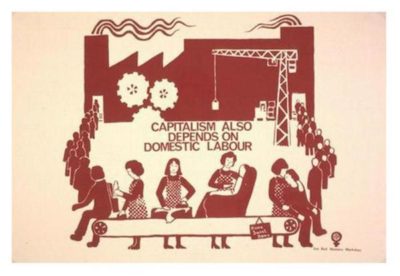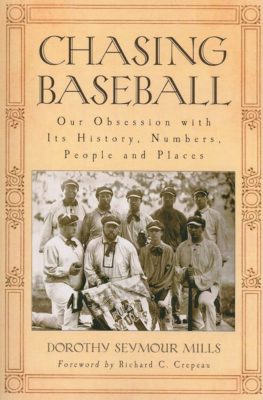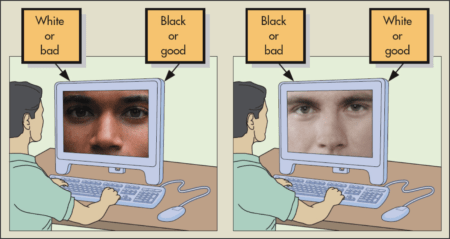I grew up in a Catholic family in the rural Midwest. This was a mostly Protestant (or “non-denominational Christian,” which, in my book, just means “Protestant”) part of the country. Part of growing up Catholic in rural Protestant country meant listening to all sorts of anti-Catholic sentiment. Maybe that’s gone now, but it survived well past the integration of Catholics into the U.S. following the JFK presidency.
I’m no longer a Catholic.
Formally, I haven’t been a Catholic since my late teens or early 20s. That is to say that I haven’t gone to church regularly or engaged with the Catholic Church since then. But, really, I haven’t been a Catholic believer since my mid-teens. Like many young people, I kept going to church until I moved away for college.
But my attitude toward the Catholic Church has changed quite a bit in the last year or so.




